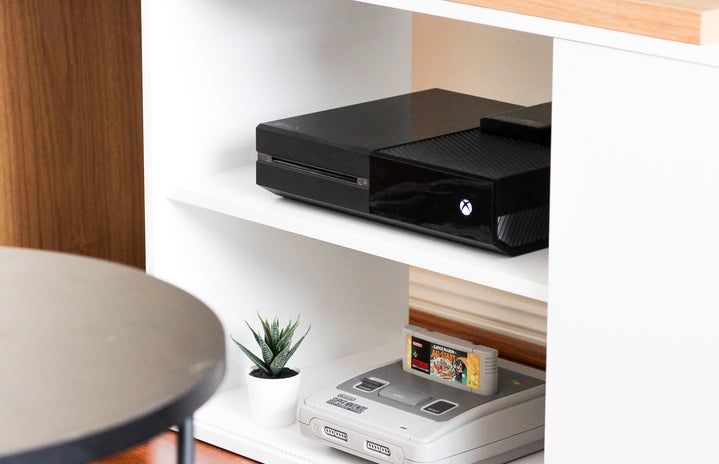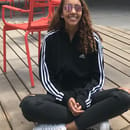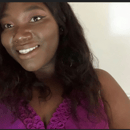I was aware about race at a very young age., When I was around 3, I asked my mom why she was white, my dad was black and I was brown. She told me in the simplest way, “when white chocolate mixes with dark chocolate it makes milk chocolate.” As simple as my mom made it seem, race became a big issue for me growing up in the Bay Area. Before starting kindergarten, I had grown up traveling between England, West Africa, and California to visit family. I got to experience so many cultures growing up and I got use to seeing such a diverse number of people.
My experience with racism and discrimination started during middle school. My school had about three black people in my year and one mixed kid. My White and Asian friends would tell me racist jokes because if I laughed at their jokes that meant it was ok for them to say them.
I got told I was stupid when I did bad on a test (I just didn’t study) because I was black. One of my friends freaked out because I got a better score than he did on a math test. One girl in my class was complaining about how black people don’t like her and when my friend asked her about me, she said “she’s black? I thought she was just tan white.”. The jokes extended to my family as well. All my friends would joke about my mom being a sassy short black lady who was “ghetto.” However, they were shocked when my white British mother would come to pick me up. I gott a couple questions about being adopted, which really pissed my mom off.
(Courtesy of AdobeStock on Pixabay)
I didn’t tell my friends to stop their racist comments, and a lot of the time I would laugh at their jokes because I was going through an identity crisis. In elementary school race wasn’t a big thing, but when the racist comments started in middle school I started internalizing them. At first, because my friends only acknowledged my black side, I started identifying as solely black. Then I decided, in an effort to stop the racism, that I was in fact White. I now realize that the freedom I was allowed as a child to ignore was ripped away. In this country, a lot of mixed people are forced to choose one race over the other, and often our race is chosen for use. My friends didn’t care that I was raised by my white mother, they only saw skin color. In school surveys and forms I had to put my race as other because there was no option for multiracial. The lack of racial diversity in my district meant that people of color stood out like a sore thumb.
(Courtesy of AdobeStock on Pixabay)
Luckily for me, when I started high school I became friends with another mixed girl and we started talking about our experiences with racim. We both had ignored them and tried to laugh it off. However, after a while, we decided that we’d start telling people to stop their racist comments. I began embracing both sides of my culture, while racist comments were still made about me, I was more secure in my own identity.
My biggest problem with racism in the Bay Area is that growing up we were taught that our town was so diverse and welcoming of everyone. This notion was a false sense of security. While people may not have been explicitly racist they were implicitly racists. People think that having a black friend means that they arent racist, but calling them the N-word and other racist comments does make them racist. There’s racism and ignorance all over the country and the bay is not exempt from that. Saying you’re not racist and are accepting doesn’t mean anything if your actions don’t reflect that. Even though California is my hometown, I feel far more at home in Niger and England.



